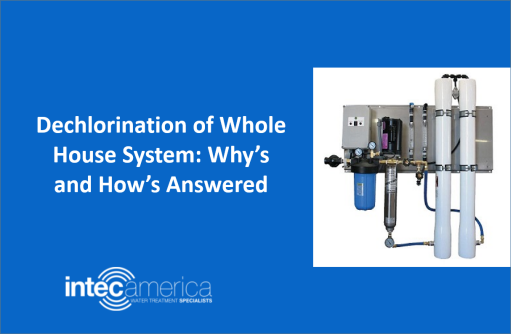
August 11, 2021
Chlorine has been a popular water disinfectant so far. It certainly disinfects the water and terminates bacterial growth. Chlorine has contributed to the prevention of several waterborne diseases over a few decades. However, it purifies the water at expense of a few health hazards. Owing to such health concerns, long-term exposure to chlorine or consumption of chlorinated water is advised...
Read More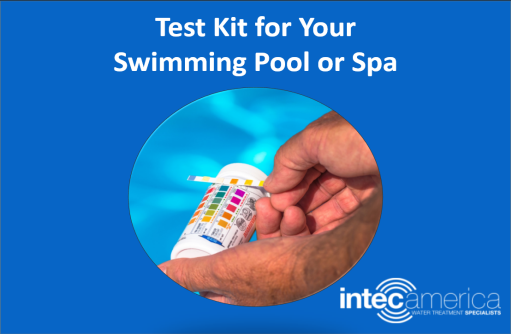
August 11, 2021
Swimming is wonderful form of exercise which enables you to relax mentally and helps you calm down. Visiting a spa also helps you unwind and releases all the accumulated stress. Both these activities involve the use of water, which must be clean and devoid of heavy metals, chemicals, and other impurities. Whether you own a swimming pool or use the...
Read More
August 11, 2021
Having a swimming pool or spa at home is a luxury that many people often dream about. However, if you have kids at home, the spa and swimming pool come with a few concerns. The concerns related to kids' safety around the swimming pools are not limited to hydrophobia that kids may face but also to long-term ailments due to...
Read More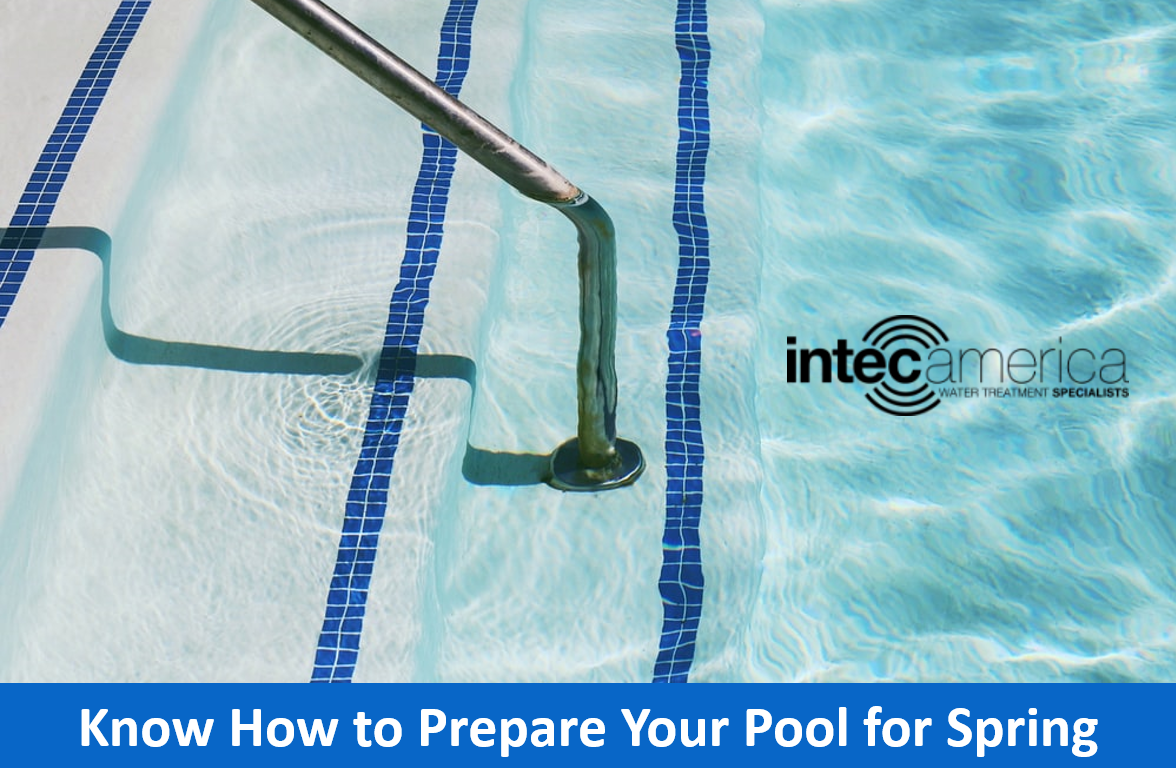
April 23, 2021
Spring is a much-awaited season after winter and this is when the climate starts warming and nature appears beautiful. This is also the season that most swimmers look forward to because it gives them a reason to celebrate the natural beauty while enjoying their favorite activity. Most pool owners plan pool parties to warm up with their families and friends....
Read More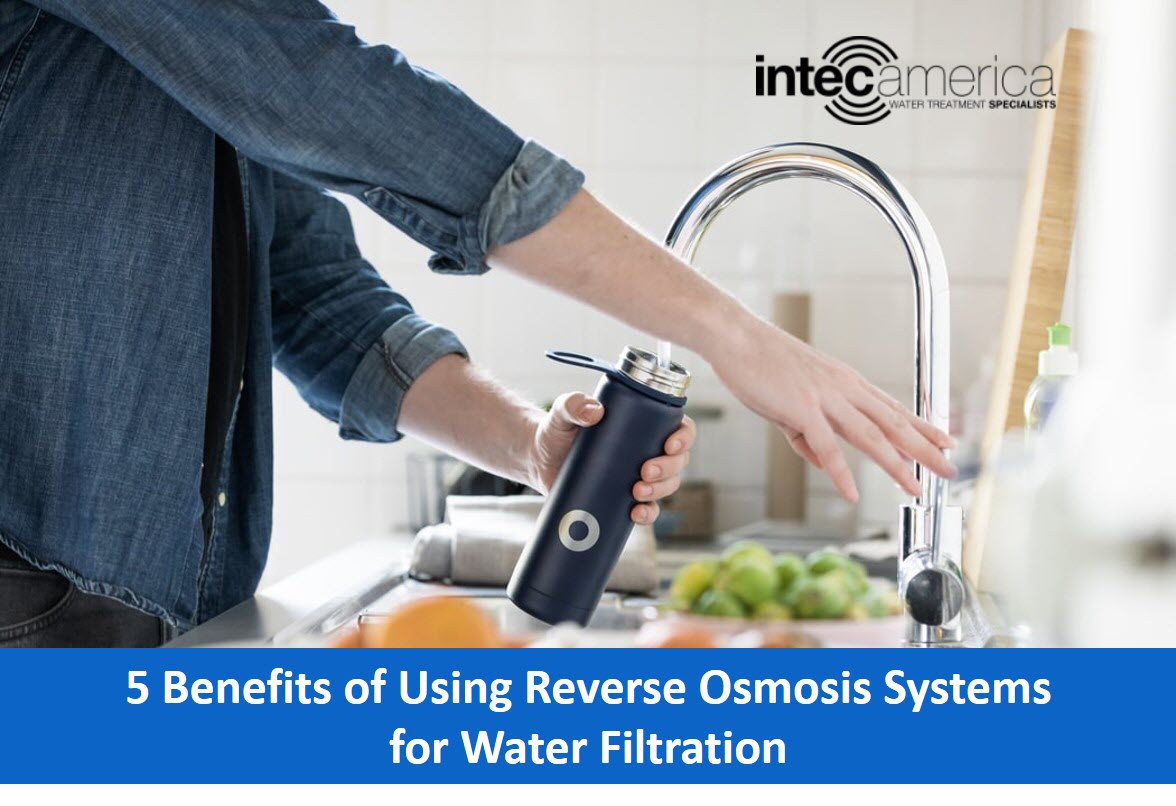
April 23, 2021
Reverse osmosis systems or RO systems have been widely used for water filtration in commercial and residential applications for several years now. These systems help remove some of the toxic minerals and metals like lead chloride, arsenic, mercury, and fluoride from water. Is that all? There are several other water filtration systems that claim to do the same how does...
Read More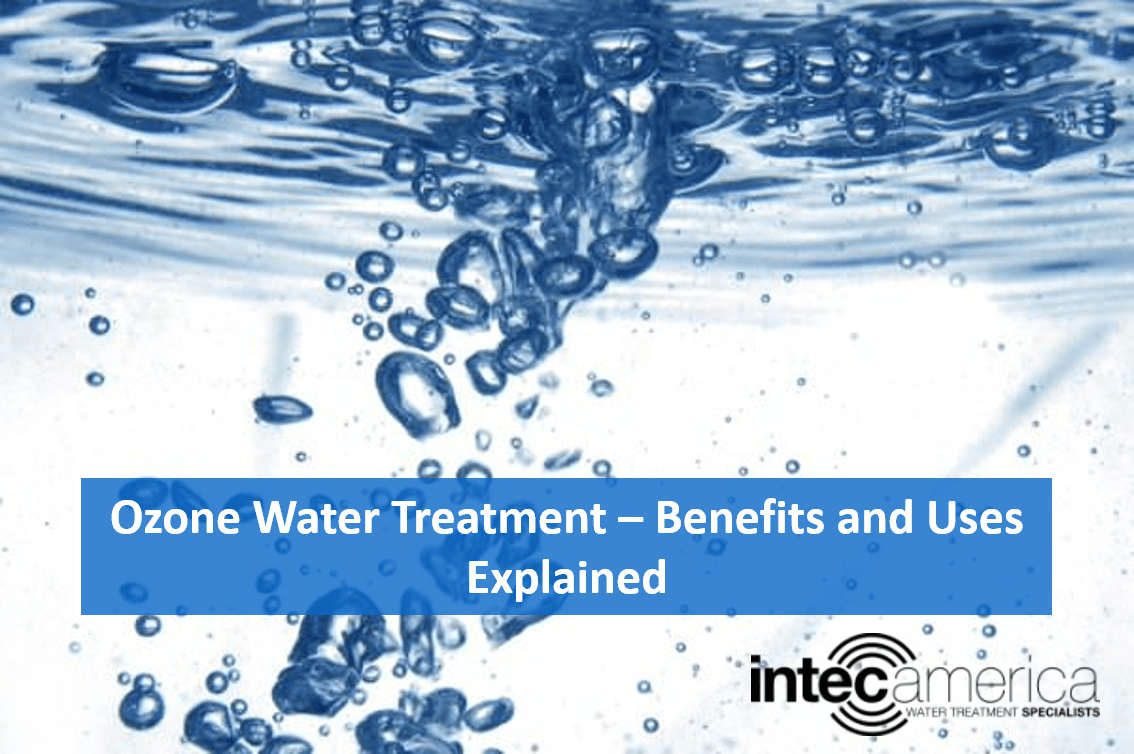
April 22, 2021
Water sanitation or access to clean water is a very basic aspect of life and must be available for everyone across the globe. Purified water is used for drinking and several other purposes. Water is purified using various techniques depending on the levels of contamination and the purpose of usage. Ozonation is one such effective technique of water sanitization, which...
Read More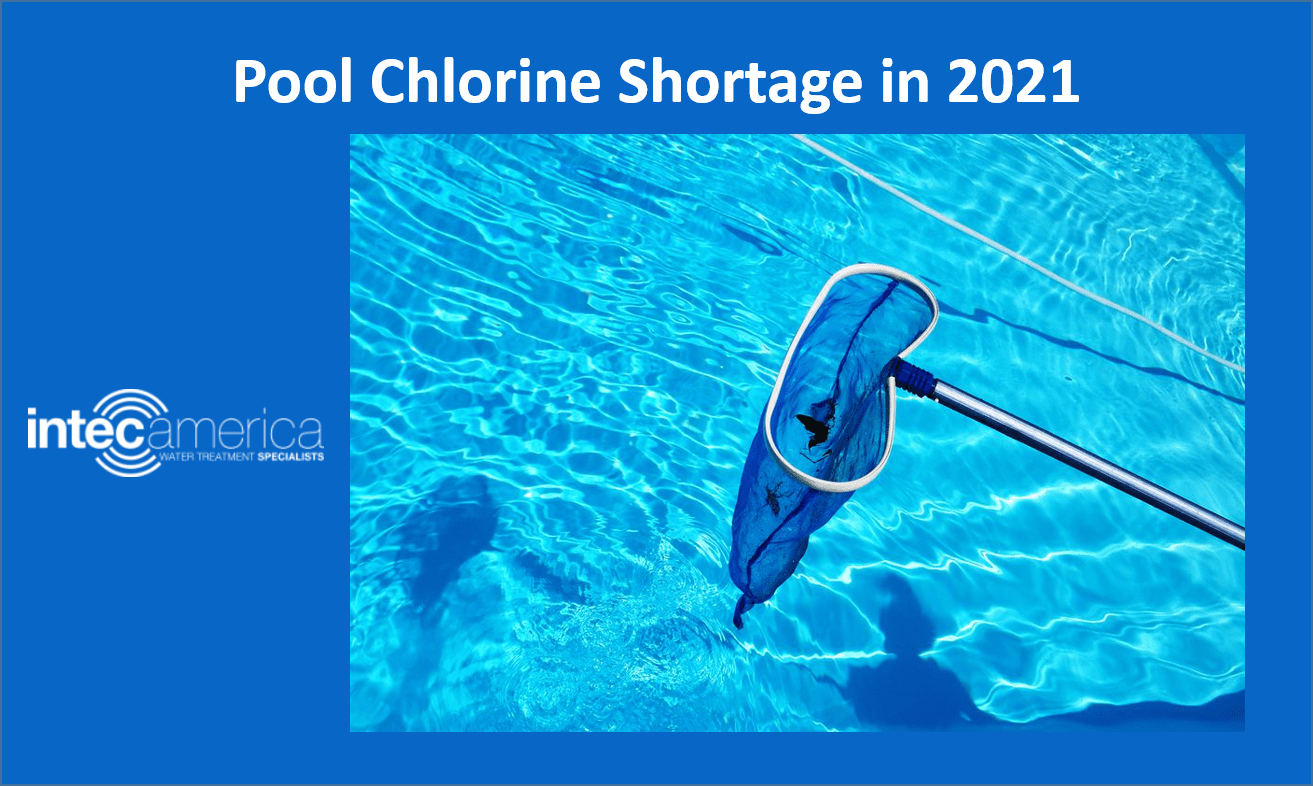
April 14, 2021
COVID-19 made a deep impact on human lives and economies across the world. Manufacturing and travel were some of the deeply affected industries. Against this, it was beneficial for the swimming pool industry. With many companies allowing work from home, and the money spent on luxuries being saved, people thought investing in a swimming pool for recreation was the best...
Read More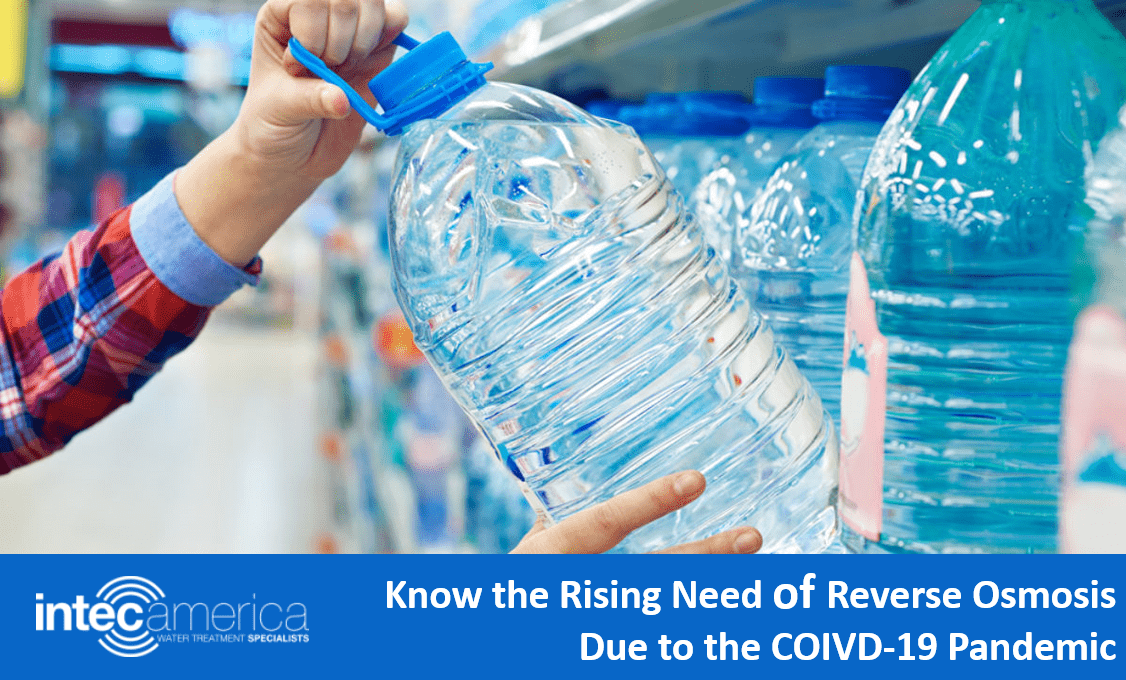
March 19, 2021
The Covid-19 pandemic has posed many challenges to everyday life and one of them is being at home for prolonged periods of time. With all the family members being home, naturally the water consumption, usage of washrooms, and need for washing laundry increases. Even though the Covid-19 virus is not water borne, you still want access to clean water. [caption...
Read More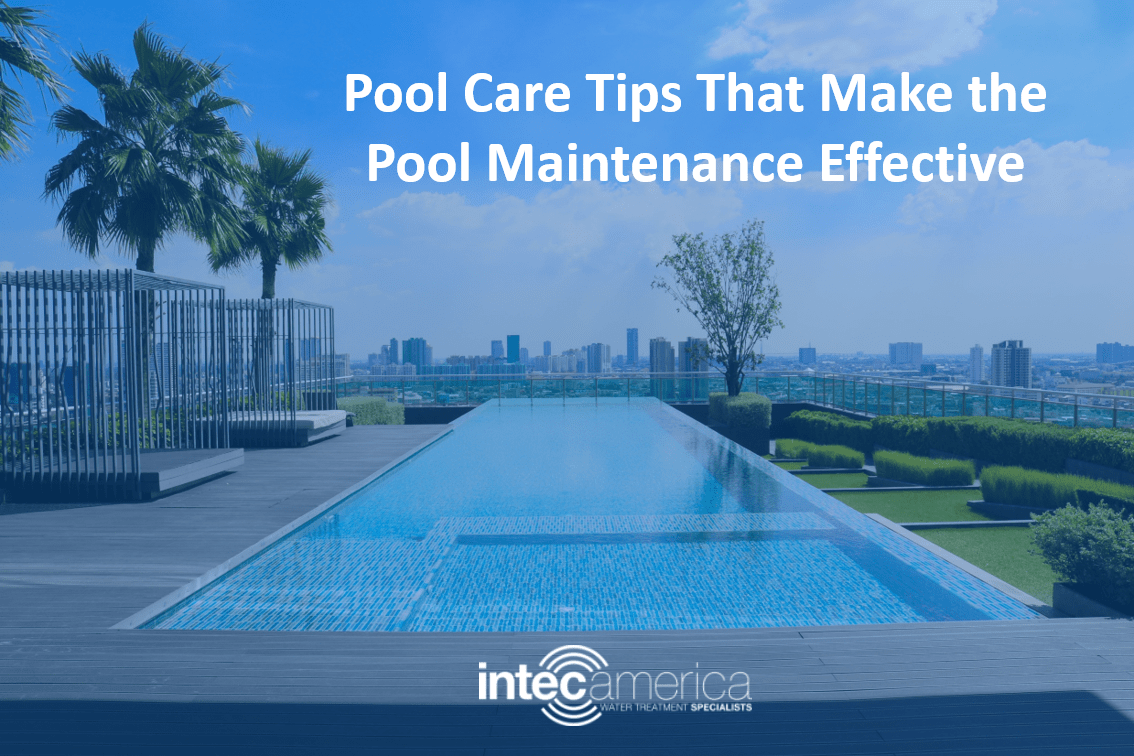
March 18, 2021
Owning a pool is a luxury. However, it requires lots of effort to maintain it prim and clean. It takes vacuuming, cleaning tiles, water filtration, sanitation and chemistry balancing, and much more to maintain a pool. If not properly maintained, the pool might become a breeding ground for germs, bacteria, and the health concerns that come along with it. To...
Read More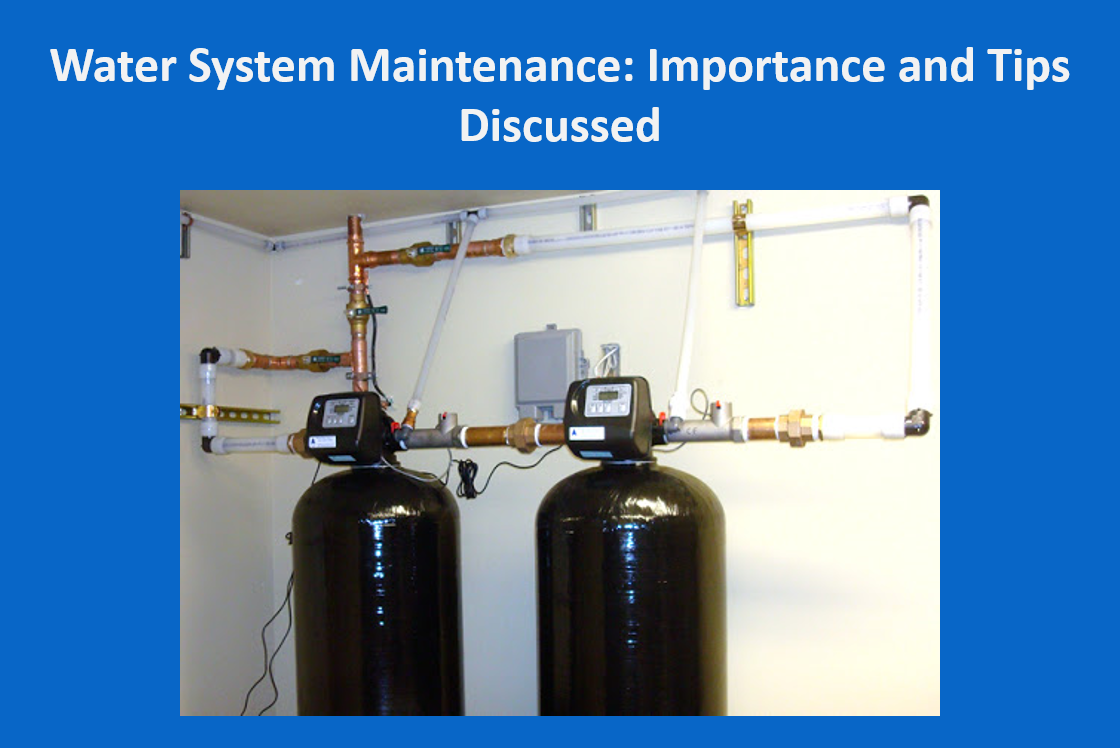
January 15, 2021
Today, several types of water treatment technologies are used in public water and wastewater facilities. These treatments involve flocculation, aeration, coagulation, filtration, lime softening, sanitization, etc. Many of these same concepts are downsized and utilized for residential point-of-entry equipment. Unlike whole house systems, public systems have continuous monitoring and highly skilled laborers maintain the system to ensure the quality of...
Read More

